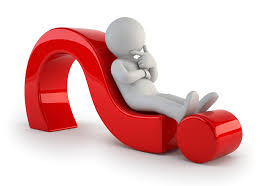
http://www.chess.com/forum/view/general/can-you-really-become-a-class-a-player-by-studying-tactics
The focal point here is the training system promoted in the book "Rapid Chess Improvement". If you have not read the book, grab a copy from your library or Amazon. It's a one-night read for a fast reader. You can find an interesting story about the author here:
http://www.chess.com/article/view/the-michael-de-la-maza-story
Let's ignore the word "only", or switch it to "mainly". Like with regard to nutrition, you don't eat only one food. You always need multiple nutrition sources.
From my personal experience, I tend to say YES to the question.
I discovered the book from library 9 years ago when I was working with my daughter. I was sold by the idea right away. From my own professional training in Chinese Chess at early age, I knew this is a good system. I bought the CT*Art and related software, and had definitely reaped great benefit from working with them. My daughter had jumped from 700 to 1400 in one year.
As an adult, I don't have much time to study chess. One thing I do have persisted all these years is working on chess tactics puzzles everyday. Before any major tournaments, I just solve more puzzles to keep my mind sharp. With limited free time, I can't execute the system with the intensity as discussed in the book, so my progress has been slow. Nevertheless, I am steadily climbing to 2000. My goal is becoming a master in next 5 years, which is a smaller version of my dream as a boy when I was trained by the Botvinnik in Chinese Chess.
Anyway, I like the time split suggested by LilWeezyBlowsTrees in the above forum tree:
Study everything. Fixes all your problems. Tactics would probably be the first to study for the longest amount of time.
Time split for studying (not including games):
1200-1400
70% Tactics
5% Openings
25% Strategy
1400-1600
65% Tactics
20% General Strategy
15% Openings
1600 - 1800
50% Tactics
30% Openings
20% General Strategy
1800 - 2000
50% Tactics
30% General Strategy
20% Openings
2000+
35% Tactics
45% General Strategy
20% Openings








 RSS Feed
RSS Feed